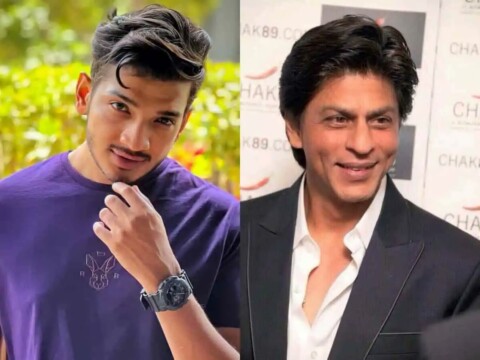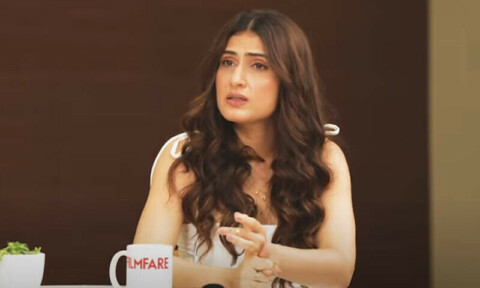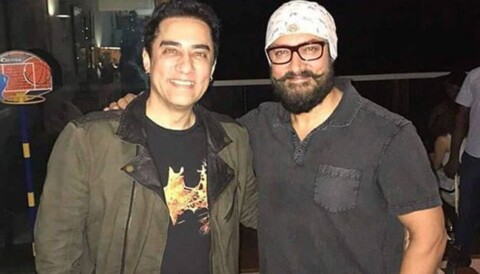Sometimes, it’s not the storyline or the cinematography, but a single dialogue that defines a film. Over the years, Bollywood has produced powerful one-liners and speeches that have become cultural touchstones. These timeless dialogues don’t just entertain—they stir emotions, spark memories, and often outlive the films themselves.
—
Why Dialogues Matter in Movies
A strong script is the backbone of a successful film, and dialogues are its heartbeat. Even if a film fails at the box office, a memorable line can turn it into a legend. Dialogues like “Mogambo khush hua” or “Ye haath mujhe de de Thakur” instantly bring entire scenes to mind.
Let’s revisit some of the most iconic Bollywood dialogues that continue to live on in the hearts of audiences.
—
1. Namastey London (2007) – Akshay Kumar’s Proud Monologue
> “India has the third-largest army in the world. Yet, I bow to you, because we don’t see others as smaller or weaker. Namaste.”
This powerful dialogue reflects self-respect and national pride, delivered by Akshay Kumar in a calm yet impactful tone. It continues to be referenced as a symbol of Indian dignity.
—
2. Haider (2014) – Shahid Kapoor’s Existential Questioning
> “Are we, or are we not? If we are, where are we? If not, where did we go?”
Inspired by Shakespeare’s To be or not to be, this haunting monologue questions identity, purpose, and existence. Shahid Kapoor’s intense delivery makes it unforgettable.
—
3. Chak De! India (2007) – Shah Rukh Khan’s 70-Minute Speech
> “Go! Go and take back those 70 minutes from life, from yourself, from those who never believed in you.”
This motivational speech delivered by Shah Rukh Khan redefined sports drama in India. More than about winning a game, it’s about reclaiming dignity and believing in oneself.
—
4. Raanjhanaa (2013) – Dhanush on Painful Love
> “Someday, I’ll return to play the damru on the banks of Ganga, to run again in the streets of Banaras, and fall in love with a Zoya all over again.”
This poetic dialogue beautifully captures the bittersweet essence of heartbreak and the inevitability of falling in love—even after being hurt.
—
5. A Wednesday (2008) – Naseeruddin Shah’s Common Man Rant
> “I’m just an ordinary fool who wants to keep his home clean.”
This seemingly simple line carries layers of frustration and truth. Spoken by Naseeruddin Shah, it voiced the collective anger of a common man ignored by the system.
—
The Emotional Impact of Memorable Lines
A good dialogue often says what an entire film cannot. These lines touch on deep human emotions—identity, loss, anger, hope, and love. They don’t always offer solutions, but they do bring comfort and clarity, letting audiences feel understood and seen.
—
Conclusion:
Famous Bollywood movie dialogues become more than just words. They become memories, mantras, and moments that define generations. Whether whispered in romance or shoute
d in rage, a great dialogue can live forever—etched in the minds of millions.






